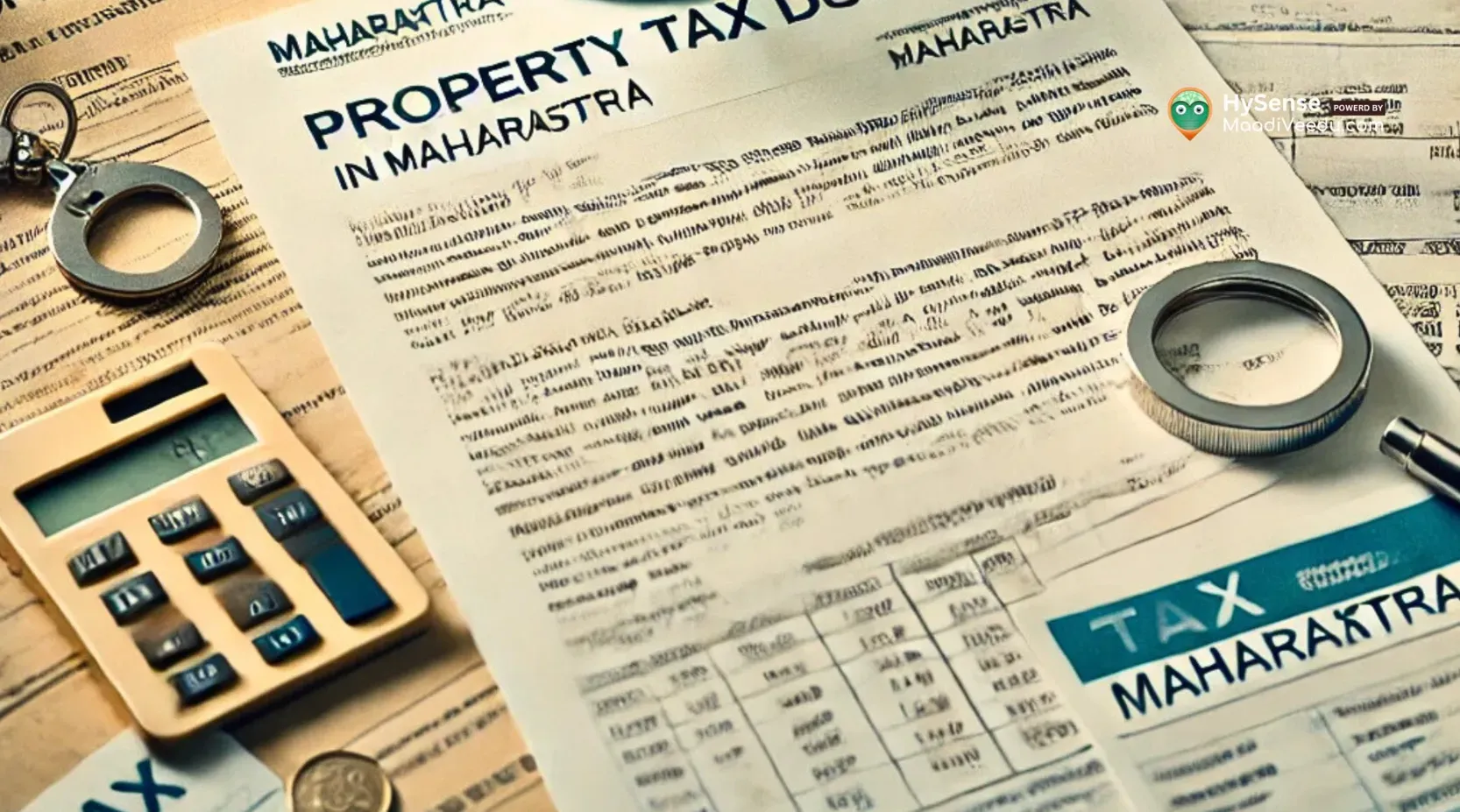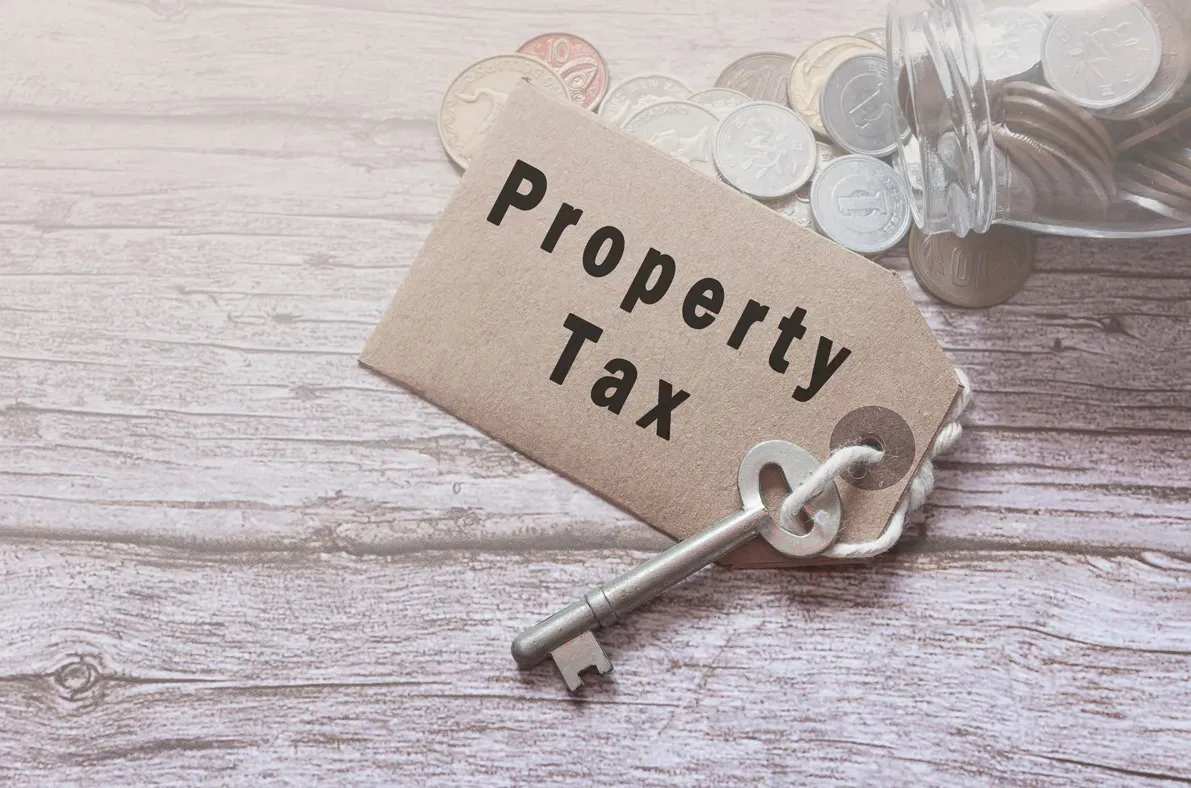Understanding Property Taxes and Rebates in Your Specific City/State: A 2025 Indian Homeowner’s Roadmap

By
Shrusti Naik
Posted on July 28, 2025. 10 mins

Understanding Property Taxes and Rebates in Your Specific City/State: A 2025 Indian Homeowner’s Roadmap
Introduction

When Sameer Sharma sold his three-bedroom flat in Bandra last March, he budgeted for brokerage, stamp duty, and the usual fees. He did not budget for the ₹3.4 lakh he later paid as arrears and penalties because the previous owner’s unpaid property tax had not been transferred to the municipal records. Sameer’s story is now part of a 2024-25 Maharashtra Housing Department advisory that warns every buyer: “Check dues before you sign”. Across India, property tax collections by urban local bodies jumped 31 % in the latest fiscal year, yet 30 % of owners still miss the payment window or claim exemptions incorrectly. This essay walks you, city by city, through what you actually owe, what you can legally skip, and how to claim every rebate available in 2025. You may want to check Understanding Real Estate Taxes
1. The Anatomy of Property Tax: Why It Matters
Property tax is the lifeline of your locality’s budget, roads, street-lights, sewage lines, and garbage trucks all ride on it. In India, the person whose name appears on the municipal record pays the tax, even if the flat is rented out. When you sell, the liability transfers to the buyer from the date of registration, but the records must be updated immediately to avoid double billing or penalties. Check out Will the Rupee Depreciate Further? How It Affects You
2. How Your City Calculates the Bill
Every municipal corporation uses one of three methods, and knowing which one applies to you is the first step in budgeting:
- Capital Value System (CVS): Mumbai charges 0.316 % to 2.296 % of the Ready Reckoner rate, making it the highest slabbed city.
- Unit Area Value (UAV): Delhi and Bengaluru multiply a per-square-foot rate by the built-up area, with Delhi ranging ₹3 to ₹12.5 per sq ft.
- Annual Rental Value (ARV): Hyderabad and Chennai estimate notional annual rent and then tax a percentage, leading to ₹0.5 to ₹3 per sq ft monthly in Hyderabad. Also read, What the RBI Repo Rate Cut Means for Homebuyers: EMIs Just Got Cheaper
3. Payment Cycles and Discounts: The Early-Bird Advantage
Most cities give you one or two instalments a year. Pay before the due date and you unlock rebates up to 5 %. In Bengaluru, BBMP offers a 5 % rebate if the full amount is settled before 30 May. In Mumbai, Mumbai Municipal Corporation allows online payment via MCGM portal and waives late fees up to ₹5,000 for payments made within seven days of the due date. Miss the cut-off and interest compounds at 2 % per month, quickly dwarfing any original discount.
4. Rebates and Exemptions: Who Qualifies
Not every rupee is payable. Senior citizens, war widows, freedom-fighter descendants, and disabled persons can claim full or partial exemptions, but rules vary by state. Maharashtra grants 50 % rebate to senior citizens above 65 years on the first self-occupied flat, while Delhi offers a 30 % concession to physically challenged owners. Vacant land in designated green zones is tax-exempt in several cities, but you must file the exemption form every year, silence is treated as a waiver withdrawal. Check out this Property Management for NRIs: A Seamless Guide to Handling Your Indian Assets from Abroad
5. Digital Receipts and Transfer Protocols
Once you pay, download the e-receipt immediately; it is mandatory for loan disbursal and sale deed registration. In Mumbai, failure to upload the paid-challan to the MCGM portal within 48 hours of registration delays stamp-duty credits. For inherited or gifted property, update ownership details online; BangaloreOne and Delhi’s e-District portals allow Aadhaar-seeded instant transfer and auto-calculate arrears if the previous owner delayed payment.
6. TDS on Rentals and Capital Gains: The Overlooked Links
If you rent out the flat, tenants must deduct TDS once monthly rent crosses ₹50,000 (Section 194-IB) at 5 %, or ₹2.4 lakh annually (Section 194-I) at 10 %, and deposit it via Form 16C or 16A. When you sell after 24 months, the gain is long-term capital gains (LTCG). Budget 2024 removed indexation for properties bought after 23 July 2024, so tax is 12.5 % flat; older assets can choose 20 % with indexation or 12.5 % without. Re-invest within two years in another residential property or Section 54EC bonds to defer or nullify LTCG tax. You might also like Fractional Ownership of Real Estate in India 2025: How Smart Indians Are Buying a Slice of the Skyline Without Breaking the Bank
Conclusion

Property tax is not a once-a-year nuisance; it is a live document that affects loan eligibility, resale price, and legal standing. Before you buy, pull the municipal dues statement; before you sell, clear the ledger and download the e-receipt. Master the due-date calendar and exemption forms, and you convert a routine bill into a strategic asset. For those in pursuit of their dream home, investment opportunities, or a sanctuary to call their own, Jugyah provides top housing solutions with its intelligent technology.
Frequently Asked Questions
Q1. How do I check property tax dues in Mumbai?
Log into MCGM portal, enter property account number (PCN), and download the tax ledger—it shows arrears, rebates, and payment history.
Q2. Can I pay property tax online in Delhi? Yes, MCD’s unified portal accepts net-banking, UPI, and credit cards, and auto-generates receipt linked to your Aadhaar.
Q3. Are senior citizens exempt from property tax in India?
Partial or full exemptions exist—Maharashtra offers 50 % rebate, Delhi 30 %, but annual renewal is mandatory.
Q4. What happens if I miss the due date?
Interest of 2 % per month is levied; cumulative arrears can block sale deed registration.
Q5. Is GST applicable on property tax?
No, GST is not levied on property tax; however, late-payment surcharges attract interest, not GST.